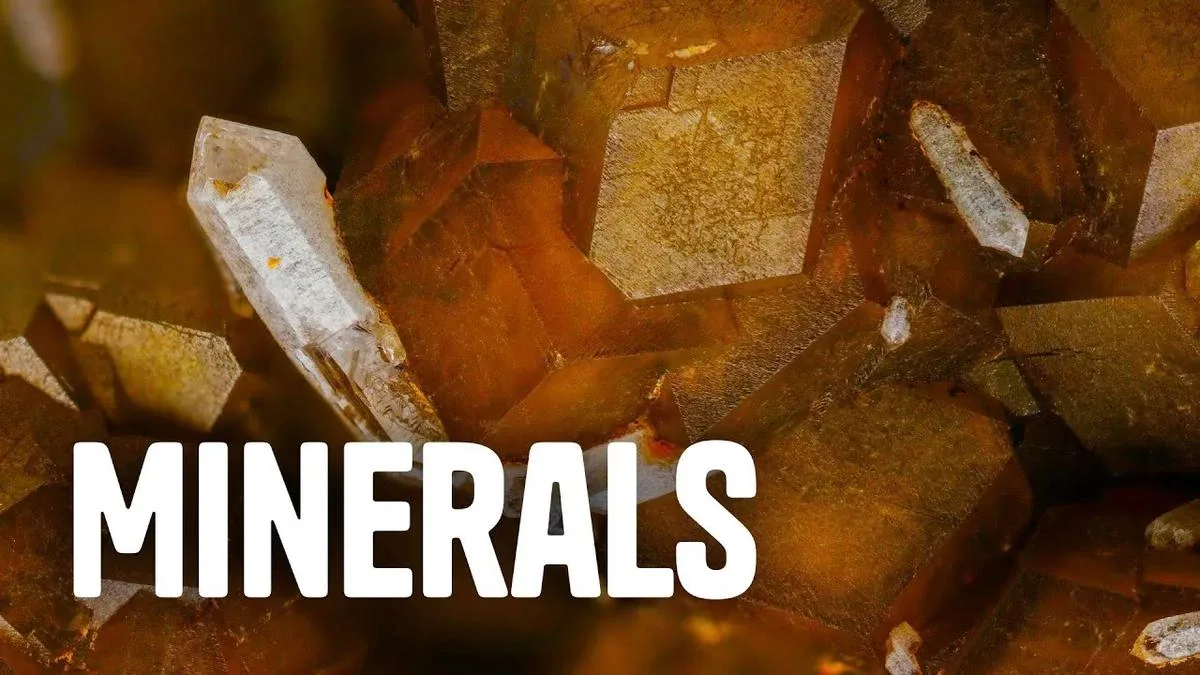
Minerals
In order to ensure “self-reliance” and solve “the vulnerability” in its supply chain, India has selected 30 key minerals that it believes are crucial for the nation’s economic growth and national security.
The list of thirty critical minerals, which includes antimony, beryllium, bismuth, cobalt, copper, gallium, germanium, graphite, hafnium, indium, lithium, molybdenum, niobium, nickel, phosphorous, potash, titanium, tungsten, and rare earth elements, was released by Minister of Parliamentary Affairs, Coal and Mines Pralhad Joshi at an event on Wednesday.
India is entirely dependent on imports for the majority of these minerals, with a few exceptions including copper, gallium (found as a result while making alumina), graphite, cadmium (discovered as a byproduct during the smelting and refining of zinc), phosphorus, potash, and titanium. Even now, approximately 10–20 percent of India’s true potential in terms of key minerals has been investigated, according to industry analysts.
Due to the significance of these minerals, the most recent development is essential. From mobile phones to electric vehicles, solar panels, semiconductors, and wind turbines, all current technologies rely on essential minerals like lithium, graphite, cobalt, thalium, and rare earth elements. These minerals are necessary for high-tech electronics, telecommunications, transportation, and defence.
India hadn’t done so up until recently, unlike the majority of other nations who have done so in accordance with their national goals and anticipated future needs.
A seven-person committee headed by Veena Kumari Dermal, the mines ministry’s joint secretary, was established by the ministry of mines in November 2022 to compile a list of such essential minerals.
The publishing of the first list of key minerals, according to mines secretary Vivek Bhardwaj, is significant because it shows the world and business that India is making efforts to prevent disruptions in its supply chains.
“It is also important because we need to focus on these minerals. Many of us may not know that India produces 95 minerals today. But this list gives us renewed focus on where we need to double our energies, efforts and ensure that there is no disruption in the supply chain,” he said, adding that Canada, the UK and Australia also came out with their list of critical minerals last year.
(This story has not been edited by Bharat Express staff and is auto-generated from a syndicated feed.)

















